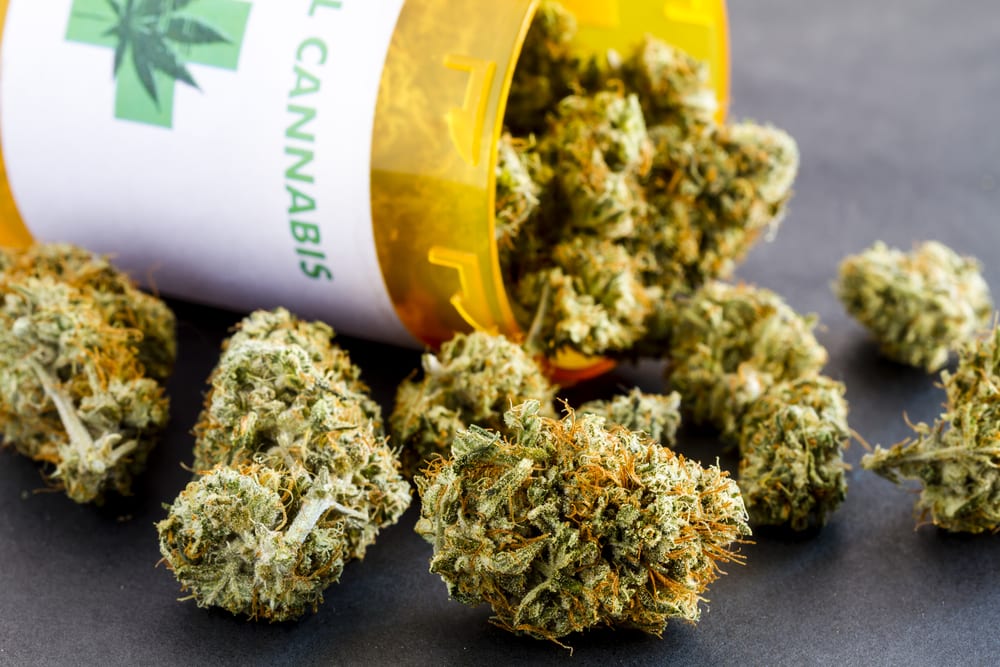Employers today face a myriad of considerations when it comes to pre-employment drug testing, a topic that has become increasingly complex over time. While some companies stick to traditional testing practices, others are reevaluating or even eliminating substance screening altogether. To navigate this landscape effectively, it’s crucial to understand the various factors at play.
Regulatory Requirements: Certain industries, such as aviation, trucking, and mass transit, are legally obligated to conduct substance testing for safety-sensitive positions. The Omnibus Transportation Employee Testing Act of 1991 outlines specific testing protocols for pre-employment, reasonable suspicion, post-accident, random, and follow-up/return-to-duty situations. While these regulations provide a framework, employers have discretion in decisions related to hiring and disciplinary actions, with additional considerations for federal, state, and local laws.
Marijuana Legislation: With the legalization of medical and recreational marijuana in over 30 states, employers must stay informed about evolving laws. The prevalence of marijuana use, coupled with its extended detection window in drug tests, presents challenges for hiring managers. Changing societal attitudes and decriminalization efforts further complicate the issue. Consequently, some employers have opted to exclude marijuana from their screening panels or eliminate drug and alcohol testing requirements altogether.
These factors underscore the need for companies to carefully review and potentially revise their pre-employment drug testing policies. While industry regulations may necessitate continued screening practices for many employers, others are reevaluating their approach to align with evolving legal landscapes and societal norms. Ultimately, finding the right balance in drug testing policies is essential for maintaining workplace safety and compliance, while also adapting to changing societal attitudes.

